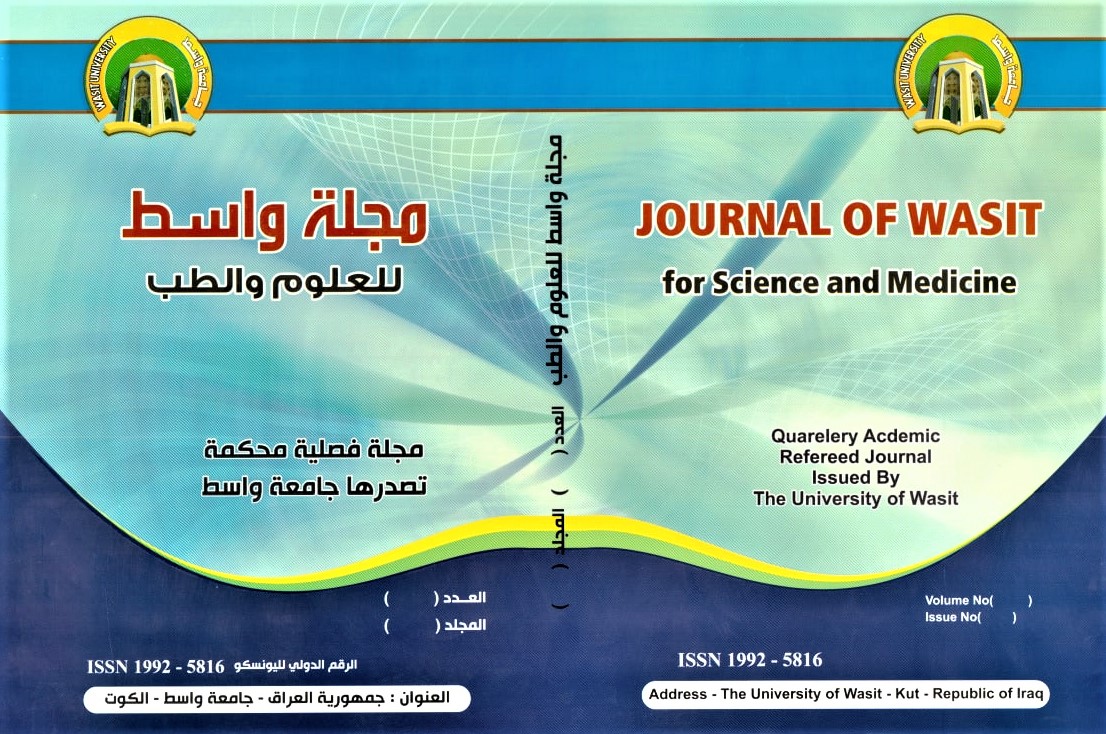Abstract
Benzene and its derivatives are major global energy sources due to their widespread industrial and transportation uses. However, serious health complications are connected to benzene exposure, raising concerns about environmental safety and public health. The study aims to evaluate the effect of benzene exposure on kidney function, as well as the effect on the level of the vital antioxidant glutathione, due to its crucial role in cellular protection from oxidative stress. The present study was performed on fuel stations workers in Baghdad from February to June 2024. Blood serum samples were collected from 40 workers at benzene stations and 40 non-exposed persons as control. Urea concentration, creatinine concentration, uric acid, and blood urea nitrogen (BUN) were all estimated, as well as glutathione (GSH) concentration was determined. The result illustrates that the urea concentration increased significantly in benzene station workers (26.00 ± 1.53 mg/dL), compared to the individual control (19.10 ± 1.12 mg/dL). As well as a significant decrease in serum glutathione in benzene station workers (349.08 ± 9.69 µmol/L) compared to the control (574.60 ± 15.37 µmol/L). While there were no differences in creatinine concentration and uric acid. That indicates a higher likelihood of developing kidney disease and a few other health problems associated with oxidative stress. The study found that fuel station workers' benzene exposure alters several biochemical parameters. These changes may indicate a higher risk of health issues, such as disruptions in kidney function, and an imbalance between oxidants and antioxidants.
Keywords
creatinine
fuel stations workers
Uric acid.
